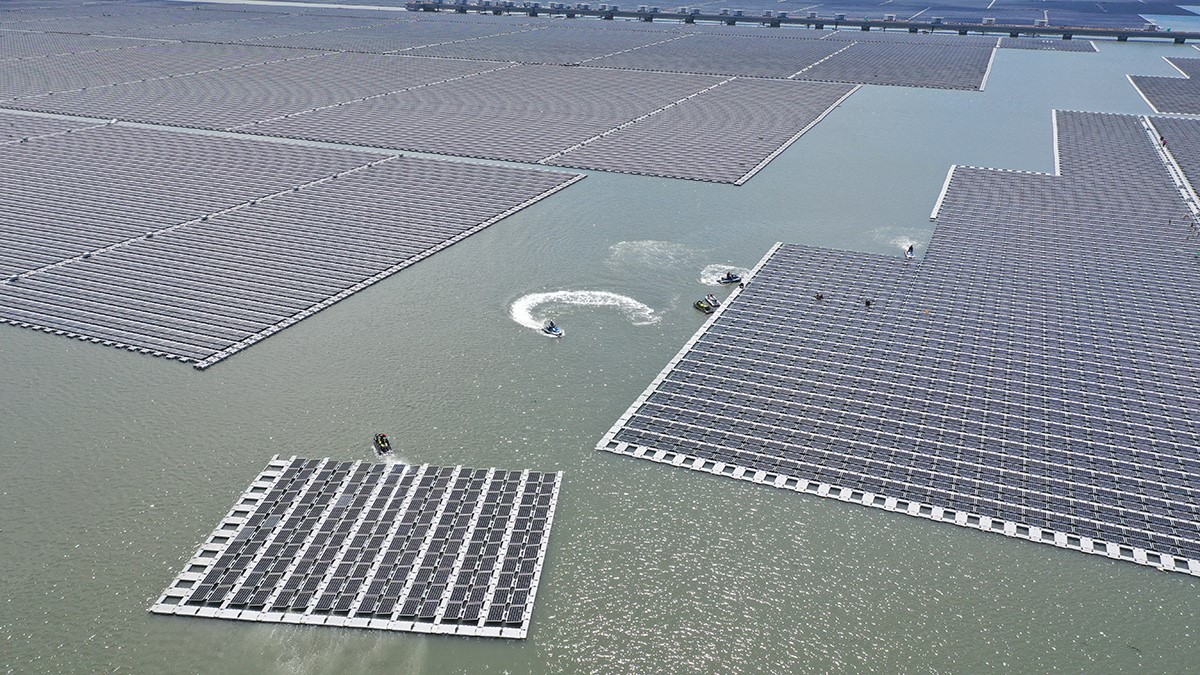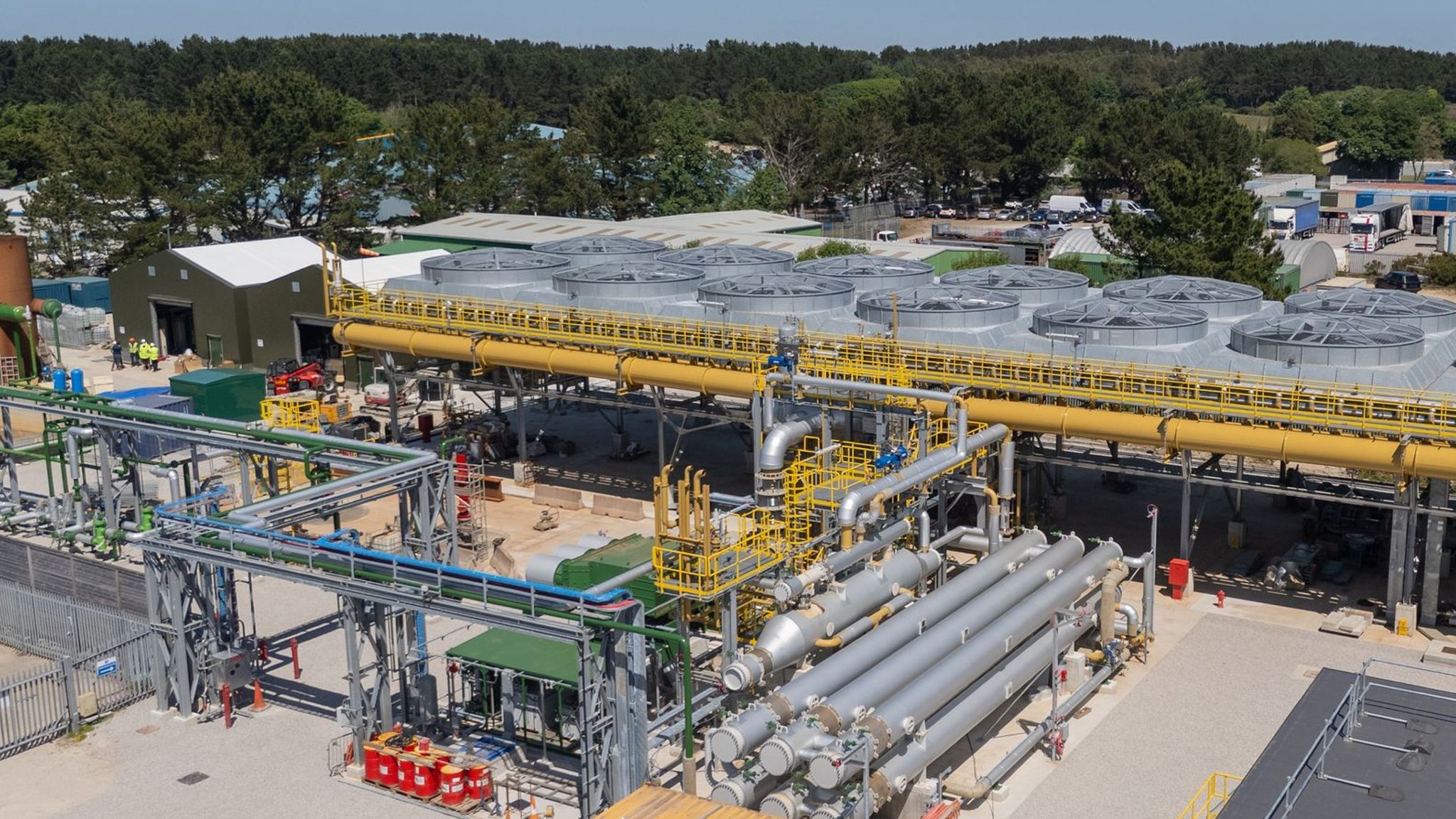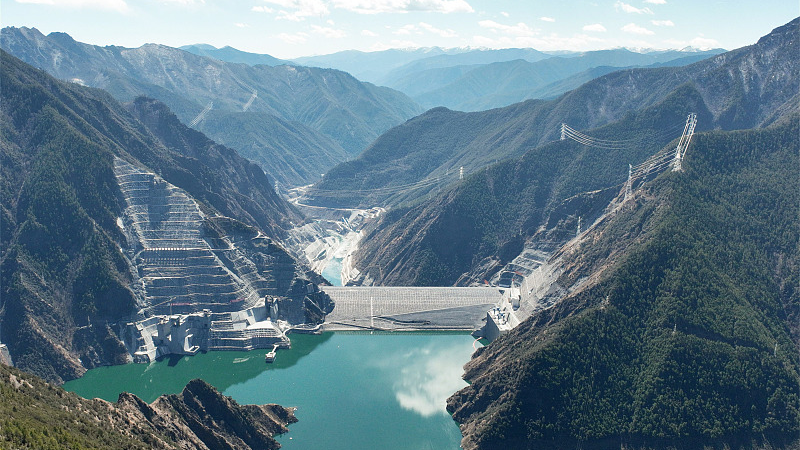Taiwan’s Legislative Yuan has passed a series of amendments on the rules governing the development of ground-mounted and floating solar projects.
A release from the Central News Agency explains changes to the Environmental Impact Assessment Act mandate environmental impact assessments (EIA) under certain conditions prior to the development of a solar project.
EIAs will now be required for all solar projects above 40 MW in capacity or 40 hectares in size. When the solar project is located on a slope, on a body of water, or in an area deemed environmentally sensitive, an assessment will be required when the project is 10 MW in capacity or five hectares in size.
The change to the Tourism Development Act prohibits the installation of ground-mounted and floating solar projects in areas deemed of national scenic importance, unless the project is less than one hectare in size and it has passed an EIA. Similarly, the Geology Act bans ground-mounted and floating solar projects in areas classified as geologically sensitive, such as places prone to landslides and unstable terrain. Again, solar projects less than one hectare that pass an EIA will not be impacted.
Rooftop, auxiliary and smaller-scale solar installations below the applied thresholds are exempt from the new amendments.
Last month, Taiwan's Ministry of Environment announced plans to update EIA standards for solar projects amidst growing public concern over floating solar deployment and following storm-related damage to existing installations. Over 135,000 solar panels were damaged when Typhoon Danas struck Taiwan in early July this year, the majority of which were located in the south of the island.








